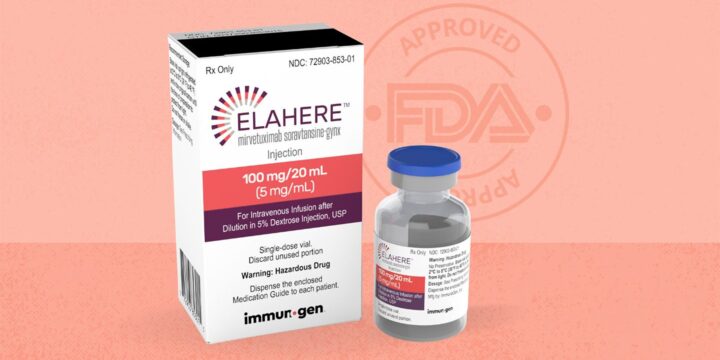
New COVID-19 Subvariants Spark Concerns of Winter Outbreak
Over the course of the pandemic, scientists have observed the COVID-19 coronavirus evolving. While some new variants and subvariants disappear, others spread.Using multiple surveillance systems, the Centers for Disease Control and Prevention (CDC) closely tracks new mutations and has identified two of particular concern: BQ.1 and BQ.1.1. The CDC refers to these BA.5 offshoots as “grandchildren of BA.5.”In the middle of September, the two BQ mutations together accounted for just over half a percent of infections in the United States. That proportion has rapidly increased. Now, data from the CDC’s COVID Data Tracker for the week ending October 22 show BQ.1 and BQ.1.1 make up more than 16 percent of cases in the United States.Meanwhile, BA.5 has dropped from almost 90 percent of infections in August to just over 62 percent.…








